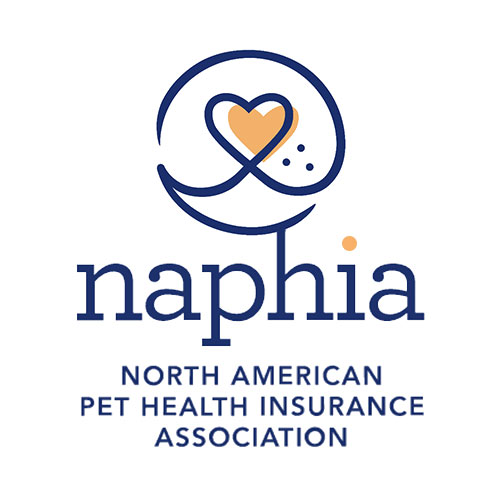Human Animal Bond Research Initiative Awards Grant to University of Texas Health Science Center
Washington, D.C. (August 25, 2015) — The Human Animal Bond Research Initiative (HABRI) Foundation today announced it has awarded a $6,000 grant to The University of Texas Health Science Center at Houston (UTHealth) School of Nursing for a pilot research study, Biobehavioral Effects of Therapy Dog Visitation in Elderly Intensive Care Unit Patients, to investigate how brief visits from therapy dogs can reduce stress in older intensive care unit (ICU) patients.
“Elderly patients who are admitted to the intensive care unit are at risk for anxiety that negatively affects physical health,” said primary researcher Sandra Branson, PhD, MSN, RN, Assistant Professor at the UTHealth School of Nursing. “Limited evidence suggests the effectiveness of therapy dog visits in improving these biological responses. We’re hoping this study will help fill the gap and potentially translate into regular practice in ICUs.”
Further exploring the effects of therapy dogs on stress in elderly ICU patients, the study aims to provide research-based evidence proving the efficacy of brief, 10-minute therapy dog visits in improving stress associated with being in an ICU. The 18-month study will observe two groups of 10 elderly participants in the ICU; one group will receive a 10-minute therapy dog visits at random and the other will receive usual care without the visits. Patients’ psychosocial, endocrine, and inflammatory responses will be measured immediately before and after the 10-minute care session and compared between the two groups.
It is predicted that participants who receive the therapy dog visits will show greater reductions in the measured responses. The results of this study could yield therapy dog visits as a regular, low-risk and low-cost treatment intervention for patients in the ICU.
“HABRI’s grant to UTHealth will help advance the science that demonstrates the benefits of companion animals for disease recovery and healthy aging,” said HABRI Executive Director Steven Feldman. “The deployment of therapy animals in hospital setting is a growing trend. We want as many people as possible to benefit from the healing power of the human-animal bond.”
A recently published report by The Society for Healthcare Epidemiology of America showed that 279 of 337 health care facilities surveyed (83%) permit animal-assisted activities. Additionally, a survey of 1,000 doctors* found that 69% had worked with animals in a hospital, medical center, or medical practice to assist patient therapy or treatment.
*2014 Study Conducted by the Human Animal Bond Research Initiative Foundation
About HABRI
The HABRI Foundation maintains the world’s largest online library of human-animal bond research and information; to date has funded more than half a million dollars in innovative research projects to scientifically document the health benefits of companion animals; and informs the public about human-animal bond research and the beneficial role of companion animals in society. For more information about the HABRI Foundation, visit www.habri.org.
About UTHealth
Established in 1972, The University of Texas Health Science Center at Houston (UTHealth) is Houston’s Health University and Texas’ resource for health care education, innovation, scientific discovery, and excellence in patient care. The most comprehensive academic health center in the UT System and U.S. Gulf Coast region, UTHealth is home to a number of specialty schools ranging from nursing and dentistry to biomedical sciences. The university’s primary teaching hospitals include Memorial Hermann-Texas Medical Center, Children’s Memorial Hermann Hospital, and Harris Health Lyndon B. Johnson Hospital. For more information, visit www.uth.edu.
Contact
Jamie Baxter
jamie@theimpetusagency.com
775.322.4022
###





